News & Stories
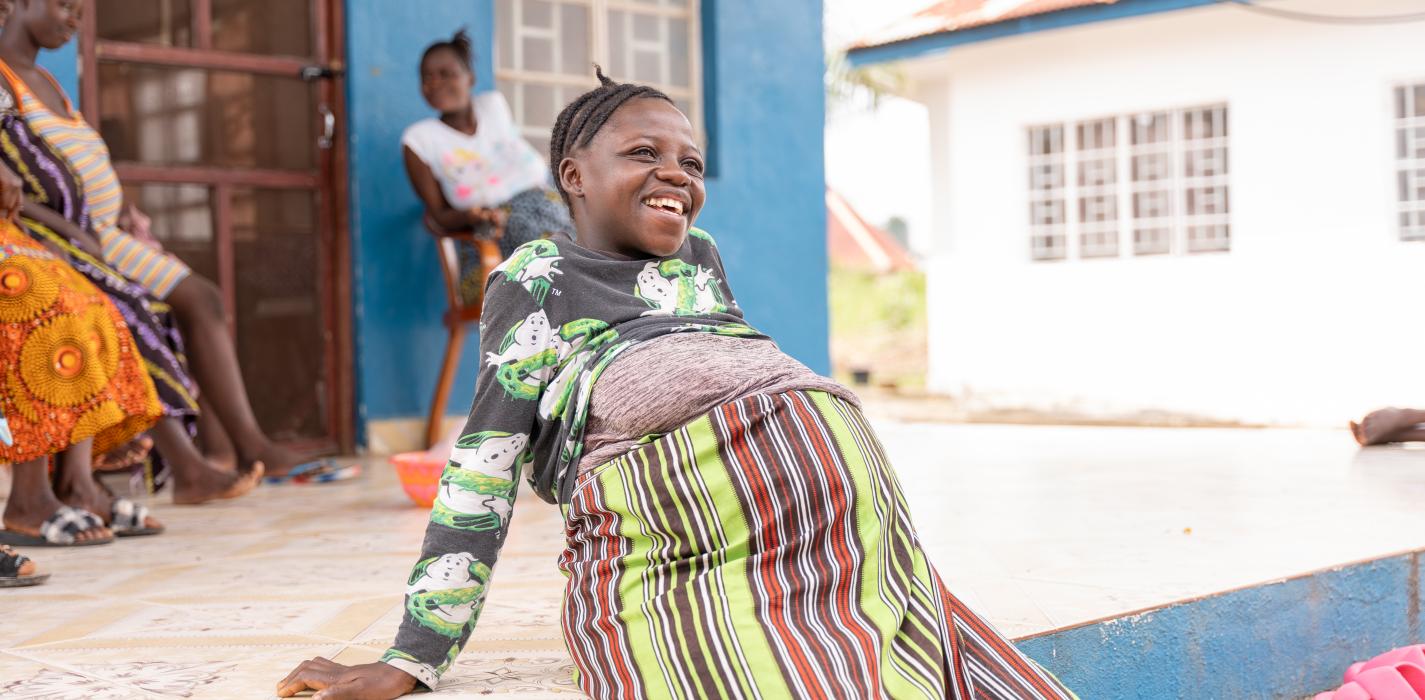

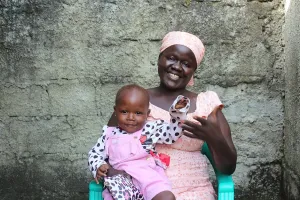
Upon learning she was pregnant in early 2017, Aminata Kebbie couldn’t stop smiling as she walked around her village in rural Kono District, Sierra Leone.
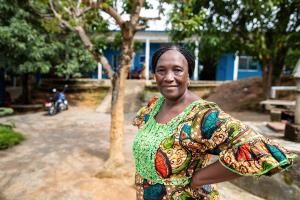
Walking around her clinic in the muggy heat, Gladys, 52, attracts a lot of attention. During the morning’s whirlwind of activity, people rush up to her from every direction: uniformed midwives, women with newborn babies strapped to their backs, heavily pregnant women.
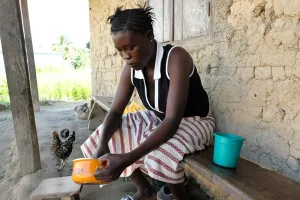
When 18-year-old Fanta Karoma found out she was pregnant, she was scared. It was her second pregnancy—her first child had been stillborn, after a complicated birth—and it was also bad timing.
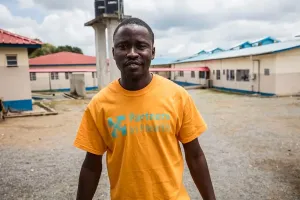
In September 2014, as the largest Ebola outbreak in history was devastating West Africa, Alusine Mark Dumbuya was struggling with an additional, very personal concern in a rural region of Sierra Leone.
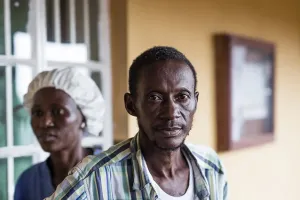
It was a landmark, a triumph, a watershed moment—without fanfare. On Oct. 6, two doctors stood under the awning of a yellow hospital on the western edge of Freetown, the capital of Sierra Leone, and gave instructions to the first patients to be discharged from the first tuberculosis treatment program of its kind in the country.
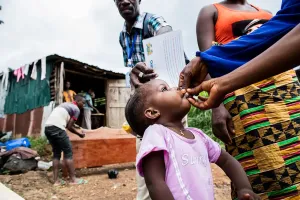
The teams wound down dirt paths, high-stepped through muddy slums, and climbed stairs cemented into lush hillsides. Never mind the lack of road signs and house numbers—they knew where they were going. They lived nearby.
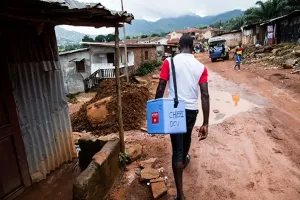
Government employees supported by Partners In Health will fan out from health centers around the capital to deliver the second and final dose of a cholera vaccine.
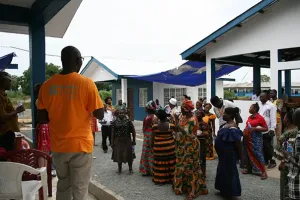
Others are bigger. Elsewhere they’re more plentiful. But it’s tough to beat the understated dignity of the new birth waiting homes that Partners In Health opened in eastern Sierra Leone last week.